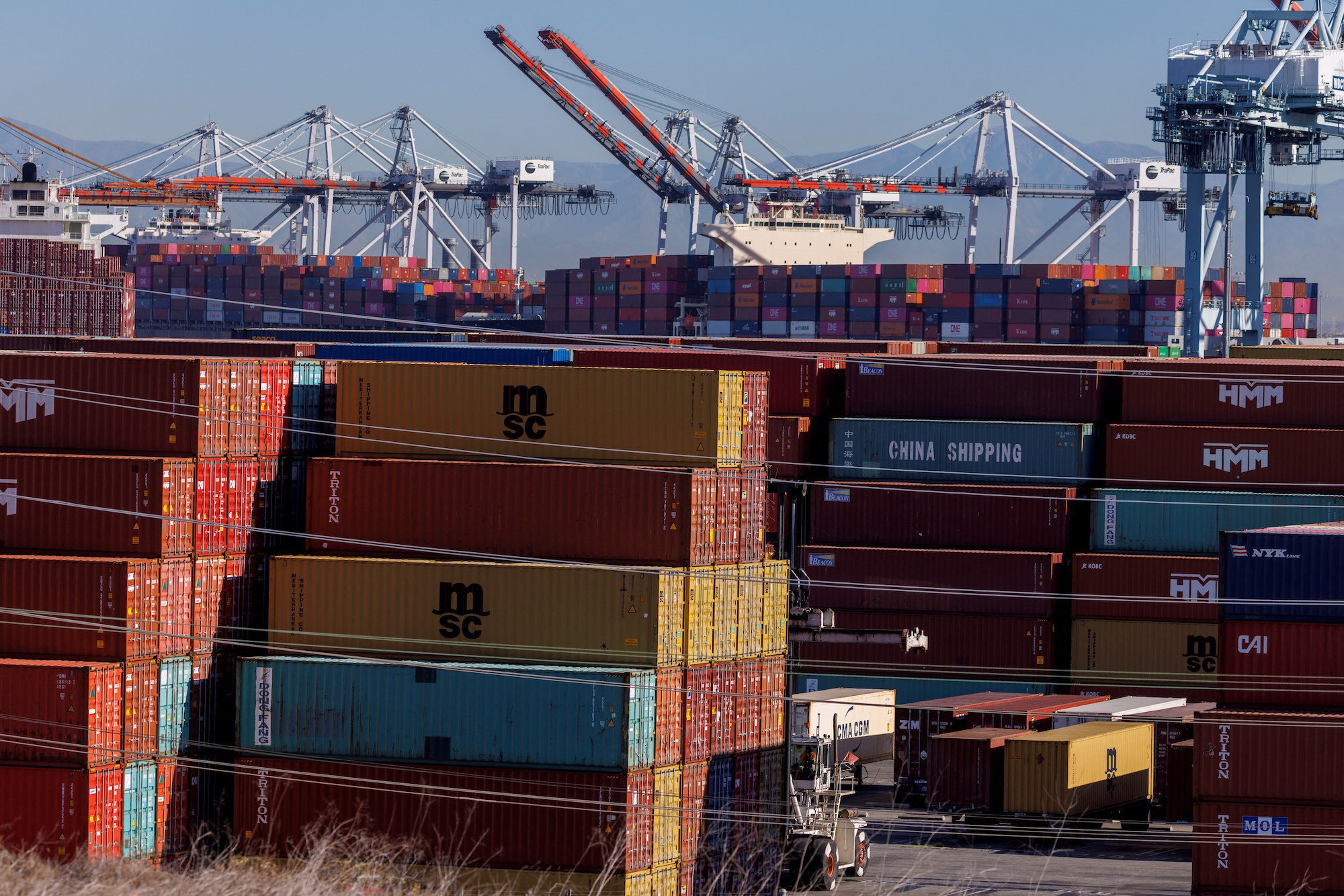Crop Trader Sucden Shuts Cocoa Buying Center In Ivory Coast Port
By Baudelaire Mieu Dec 24, 2025 (Bloomberg) –French crop trader Sucres et Denrées SA, a major cocoa buyer, has closed its operations in Ivory Coast’s port of San Pedro, according to...

By Barry Parker (gCaptain) –
In the recently enacted Ocean Shipping Reform Act of 2022 (OSRA 2022 or “The Shipping Act,” for short), there is a great deal of attention on the infamous “D & D”.
Of course, this stands for “Detention and Demurrage,” a charge imposed by carriers on cargo interests for delayed returns of containers. Indeed, on the very day that OSRA 2022 was signed in mid-June, newly specified rules for the content of D & D invoices took effect. The Federal Maritime Commission’s (FMC) ability to come out of the gate with Day 1 rules (re invoices) reflects extensive previous back and forth with the industry through the medium of Notices of Proposed Rulemaking, and subsequent submissions of comments.
The just passed OSRA 2022 also gives FMC a month and a half—so end of July—to come up with additional rule-making language on D & D.
The moderator of an excellent webinar on the subject of OSRA 2022, hosted by Capital Link, Washington D.C.-based lawyer Charlie Papavizas, a Partner at Winston & Strawn, framed the D & D discussion by asking the question of whether FMC efforts at creating reasonable D & D rules is “almost an impossible task for the FMC in the sense that… D & D are set by the market…and that it is sort of a symptom and not the cause?” He followed up by asking, “What can you do with a symptom…you have to go to the cause…which is more throughput?”
World Shipping Council (WSC) President and CEO John Butler, a webinar panelist (along with FMC Commissioner Carl Bentzel) had described D & D as a longtime “source of tension” between the carriers (who are represented by WSC) and their customers. In response to the gauntlet thrown down by the session moderator, he said: “there are things that the FMC can productively do to give all parties a sense of what the expectations are.”
He stressed that the U.S. Congress, the FMC in their rules, and WSC members were all focusing on better communications. But, recognizing that D & D issues result from marketplace and logistical impediments, Mr. Butler said, “What we need to guard against is pretending that somehow by putting a big lever on a very small piece of the supply chain and pretending that it’s going to fix everything…that’s not realistic…that’s not possible. We have to be realistic in our expectations.”
Commissioner Bentzel, in the same part of the discussion, agreed that D & D was a symptom; he pointed to the nature of ports “some of which have been around for hundreds of years”and that “efficiency of movement throughout the system is probably key to getting better throughput and results.” He went on, talking about data and information shared among numerous parties, saying “In my view, we still have a lot of disconnects.” On the subject of 24/7 operations in U.S. ports, he said, “You have to have multiple players doing that…if you don’t…it doesn’t matter.” He said that the ocean part was not the challenge. “Cargo is getting here,” he said, adding “the challenge is how do we get it through the system.”
A central issue in the discussion on FMC rule-making was elucidated by WSC’s Mr. Butler (keenly aware of the importance of the carrier-cargo dialogue ), who said: “We need to keep in mind that the rules [on D & D, in codified legislation] exist for a reason…to keep cargo moving…we will look for a balance [in upcoming FMC rule-makings].” He said that he thought that new rules coming out of OSRA 2022 “would ease some of the tension” between carriers (which WSC represents) and the cargo side.
Commissioner Bentzel stressed the importance of longer term data coordination (alluding to another FMC project underway, which he is leading), offering the view that: “Long term coordination of information will allow us to do better and wring out a little bit more efficiencies.”

Sign up for gCaptain’s newsletter and never miss an update

Subscribe to gCaptain Daily and stay informed with the latest global maritime and offshore news
Essential news coupled with the finest maritime content sourced from across the globe.
Sign Up